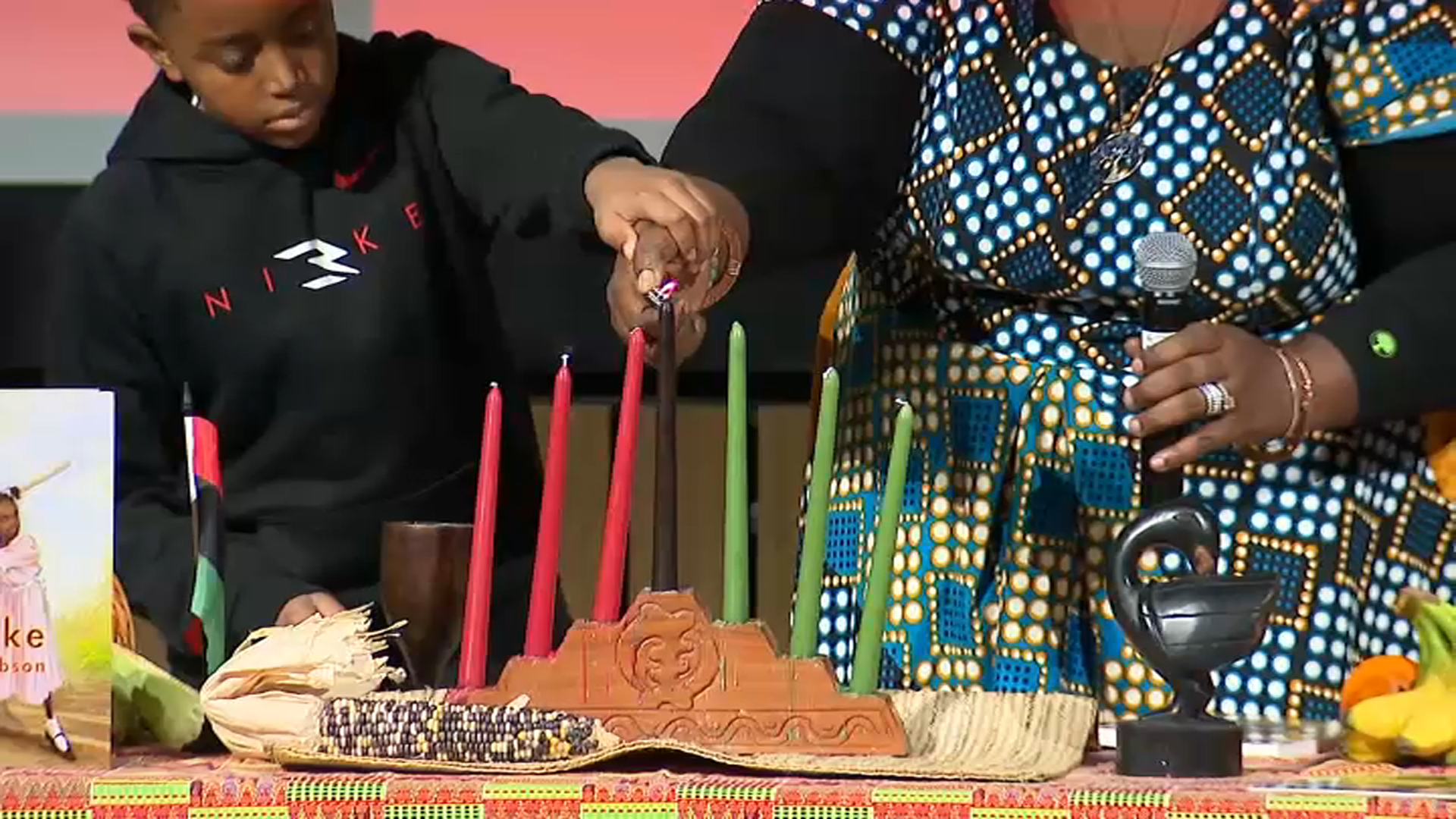Let’s take a moment and review the one question that isn't getting enough attention in the whole Sun-Times/Bruce Rauner/LeapSource/Dave McKinney saga:
Specifically, why did the Sun-Times decide to reverse policy and endorse Republican candidate Rauner at the exact moment it was embroiled in a knock-down, drag-out fight over charges of a potential conflict of interest for the paper and McKinney, its Springfield bureau chief?
For those of you who missed the story, longtime reporter McKinney resigned from the Sun-Times after 19 years on Wednesday, citing a litany of problems stemming from his reporting on a controversial story reported in conjunction with NBC Chicago that involved Rauner and allegations of personal threats and “hardball” tactics against a former employee.
In his resignation letter, McKinney—an established and widely respected reporter—details a laundry list of repercussions stemming from the story’s publication. First, the Rauner campaign tried to get the story killed. Then, it charged McKinney with conflict of interest for being married to a Democratic political consultant.
While the paper’s owners tried to figure out what to do, they pulled McKinney from his longtime beat without explanation. Then, they let him back on, but told him he couldn't report on the story any longer. Right in the middle of this, the paper reversed a three-year-old policy of not endorsing political candidates to
come out hard for Bruce Rauner. In making their endorsement, the editorial board interviewed neither Rauner or his Democratic rival, Pat Quinn, simply letting fly with their backing without warning or real explanation. Or making any other endorsements in any other race.
In other words, it sure looks like the Sun-Times was trying to wriggle out of something when it decided to go all in on Rauner. And to even the most casual of observers, it’s hard to escape the conclusion the paper ended up trading its most precious journalistic asset to appease a political campaign breathing down its neck.
Which, for the outsized position the paper holds in setting the political agenda in Illinois and Chicago both, is a blow that goes beyond the specifics of one reporter, one story or one political campaign.
Few newspapers anywhere in the state have banked their survival on political reporting as much as the Sun-Times. As part of a strategy to turn the paper around, the Sun-Times created and heavily promoted
Early & Often, its sponsored “political portal”. It was able to do so, in part, because the paper had a roster of outstanding journalists like McKinney and others who knew politics and weren’t afraid to follow a story wherever it led. As a result, most political stories in the city and state don’t get any traction without going through the Sun-Times at one point or another. Yet all of that is in danger in the wake of the editorial and McKinney’s resignation.
The minute a journalistic institution is even suspected of trading its influence in return for anything is the moment it begins to lose the trust of its readership, the people it covers and anyone interested in the paper’s survival.
Because the question becomes: if it happened once, what’s to say it won't happen again? It doesn't matter whether the paper had the purest of motives in endorsing someone like Rauner. What matters is appearance.
For proof, conduct a little thought experiment: what happens if, in late January or early February of 2015, Mayor Rahm Emanuel finds himself down 15 or 20 points in the polls and the paper decides to endorse him for re-election? The mayor has deep ties to a number of
Sun-Times board members, just like Rauner. Members of the board, including Michael Ferro Jr. and Michael Sacks
donated heavily to Emanuel’s 2011 campaign. The mayor
parties with members of the board. Michael Sacks has been described as the mayor’s “
go-to guy” on everything from the city’s parking meter deal to economic development.
That’s not to say a mayoral endorsement from the Sun-Times will be done in anything but the most transparent, above board way possible. But what if it’s not? This one certainly wasn't. There’s little doubt both the city and the state are facing an abundance of critical and difficult problems right now. Voters and concerned citizens need institutions like the Sun-Times to fulfill their role as unbiased, unimpeachable reporters of truth—even in the messy world of politics.
In his resignation letter, McKinney wrote:
Readers of the Sun-Times need to be able to trust the paper. They need to know a wall exists between owners and the newsroom to preserve the integrity of what is published. A breach in that wall exists at the Sun-Times.
Doesn’t get any plainer than that.



